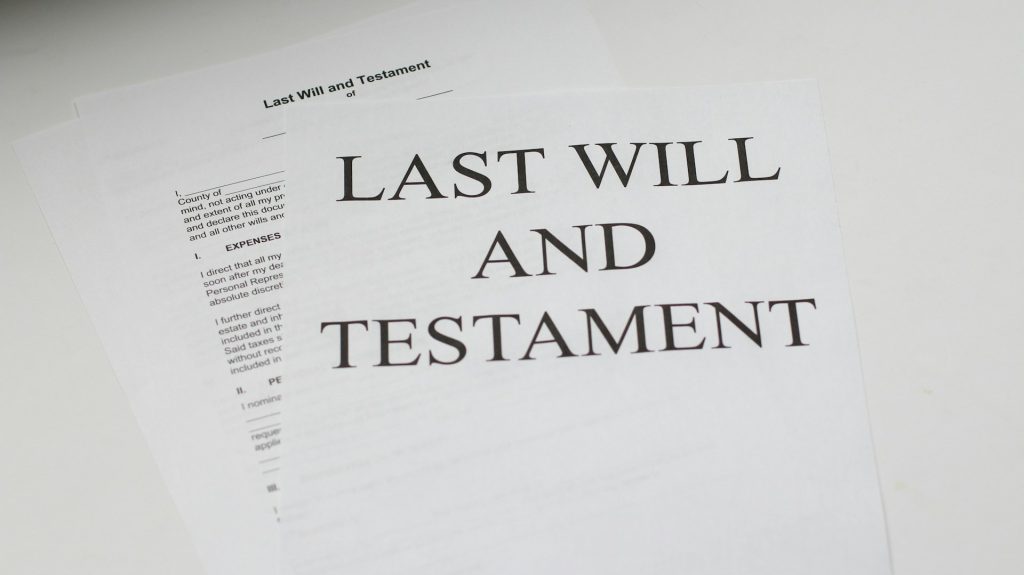Trusts in the Commercial Context
Trusts frequently arise in a range of common and less common commercial transactions. Our commercial trusts practice broadly breaks down into two main areas:
- What changes where trustees, rather than individuals or companies in their own names, enter into transactions
- Ensuring that trusts that are used in financing, escrow and similar transactions are tax neutral and do not give rise to any unexpected UK taxation
- Advising on trustees’ powers and liabilities in the commercial context.
The nature and scope of the trust and tax advice typically changes depending on what law governs the trust; where trust assets and underlying assets are situated; and where key persons (including the trustee) are resident for tax purposes.
Get in touch to discussInheritance tax and commercial trusts
A key point that drives the analysis of commercial trusts is that inheritance tax is not just a tax on inheritances. It can also take the form of a standalone wealth tax on assets held in substantive trusts. Where assets are held in a substantive trust of some form, it is vital to ensure that significant IHT charges are not triggered. It is a common misunderstanding that commercial trusts are not generally exempt from IHT.
Trustees as parties to the sale and purchase of private company shares
As substantive trustees are the legal, not the beneficial, owners of assets, they need to be dealt with differently in some respects from beneficial sellers. When a trustee enters into a contract under English law, they are personally liable – there is no automatic limitation to recourse to the trust fund. Accordingly, they are likely to want to limit their liability as a matter of contract.
Buyers should also be aware that shares held by trustees may be subject to a specific HMRC charge relating to IHT. This is a complex area, and one that may cause serious problems in practice.
Trusts in financing and escrow transactions
We have substantial experience of reviewing the drafting of trusts commonly used in (for example) the issue of notes, including standalone issues and more complex securitisation transactions. It is often essential that these trusts are “bare” for UK purposes. It is however often the case that the drafting is such that HMRC would treat the trusts as being taxable in various ways (in particular to IHT). There are limited statutory exemptions (for example, certain oil and gas decommissioning trusts) but there is no general exemption for commercial trusts.
Much of the difficulty is that common commercial provisions – such as waterfall payments or contingent payments – absent careful drafting, can render a trust non-bare and as such, taxable.
Lending to bare trustees
Assets are commonly acquired via nominees with borrowing. It is vital to distinguish the capacity in which a nominee “borrows” – whether as agent for a disclosed principal, or as a bare trustee borrowing (in circumstances where the bare trustee is likely to want significant contractual comfort from the relevant ultimate beneficial owner). This can impact significantly on the drafting, and we have seen many examples in practice where the basic concepts have not been understood.
Characterising foreign entities
UK assets are commonly held by vehicles other than companies and trusts. We frequently come across foreign structures such as Stiftungs, Foundations, Anstalts and LLCs incorporated in various jurisdictions. These may be treated as bodies corporate, partnerships, trusts or look-through entities, and the distinction is not always clear. We recently reviewed a proposed transfer of a highly valuable UK company to a US not-for-profit entity and concluded that the transaction needed to be restructured to avoid triggering very substantial periodic charges to inheritance tax.
Commercial assets held in “heritage” structures
It is often the case that structures which were set up many years ago in an era when tax and succession planning was very different can give rise to problems in the present day. In particular, they can pose a serious financial threat to the business (if, for example, the death of a single beneficiary could expose a part of the business to an immediate IHT charge): and they may have an impact on structuring and tax mitigation options for the business itself.
Advising bare trustees with severely restricted powers
It can be the case that the trustees of purely nominee entities with limited or restricted investment powers find that they are unable to invest at all, particularly in difficult markets. We have advised on options for nominees in such circumstances.
Charities entering into commercial transactions
Charities can be structured in a number of legal forms. In addition to the general considerations that apply when non-beneficial owners enter into commercial transactions, charities are further restricted by their constitutions, and obligations of various sorts under charity law. For example, we have advised on the ability of certain charities to enter into bespoke derivatives and other investment products. We advise banks and other lenders on the charity law aspects arising from loans and security arrangements with charities and on investment management agreements with charities. Some commercial arrangement involve orphan charity vehicles which throw up charity regulatory issues which we can help with and we also advise on the charity law implications of sales of land to and by charities.
Registering trusts on the Trusts Registration Service
The UK is in the process of expanding the scope of its quasi-private trusts register to a wide range of non-taxable trusts, including nomineeships. There are a number of exemptions which will mean that many commercial trusts need not be registered: but there is no “blanket” safe harbour, and individual structures will need to be reviewed to determine whether registration is necessary.
MTG specialises in tax and estate planning for HNW families and trusts,









